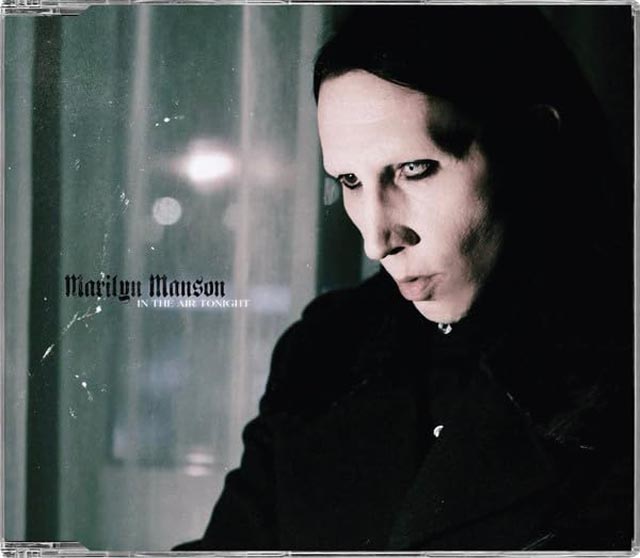 Looks like Grooveshark has more to fear than King Crimson and Relapse Records. In a new copyright lawsuit filed last week, Universal Music Group claims that Grooveshark has been actively uploading unauthorized music. “[The business records of Escape Media Group, Grooveshark’s parent company], establish unequivocally, that the sound recordings illegally copied by Escape’s executives and employees, include thousands of well known sound recordings owned by UMG,” UMG’s lawyers wrote (according to CNet) in the complaint filed in U.S. District Court.
Looks like Grooveshark has more to fear than King Crimson and Relapse Records. In a new copyright lawsuit filed last week, Universal Music Group claims that Grooveshark has been actively uploading unauthorized music. “[The business records of Escape Media Group, Grooveshark’s parent company], establish unequivocally, that the sound recordings illegally copied by Escape’s executives and employees, include thousands of well known sound recordings owned by UMG,” UMG’s lawyers wrote (according to CNet) in the complaint filed in U.S. District Court.
What stirred UMG’s latest lawsuit against the streaming service was supposedly a comment left by a Grooveshark on Digital Music News’ original post regarding Robert Fripp’s email thread with Grooveshark. In his comment, the unidentified Grooveshark employee claims the following:
“We are assigned a predetermined amount of weekly uploads to the system and get a small extra bonus if we manage to go above that (not easy). The assignments are assumed as direct orders from the top to the bottom, we don’t just volunteer to ‘enhance’ the Grooveshark database…
And, to confirm the fears of the members of King Crimson, there is no way in hell you can get your stuff down. They are already tagged since you sent in your first complaint. The administration knows that you can’t afford to sue for infringement.”
UMG also claims that they have evidence that Grooveshark’s CEO Samuel Tarantino, VP Paul Geller and VP Benjamin Westermann-Clark have also uploaded pirated music to the service each. If this is true, then Grooveshark would no longer be protected by the Digital Millennium Copyright Act’s safe harbor, which only protects the providers from liabilities when users commit the infringement crime.
In addition to seeking monetary damages of up to $150,000, UMG is requesting that the court issue a permanent injunction against Grooveshark. In other words, this could shut down the streaming service completely. While Grooveshark’s issues with unauthorized music has been well documented (hence why they may finally be caught), we can’t help but find it funny that the latest lawsuit against them comes from a company with their own digital licensing legal issues. Guess they need to find some way to pay off their other legal suit and their recent new purchase.
[via CNet and Digital Music News]






